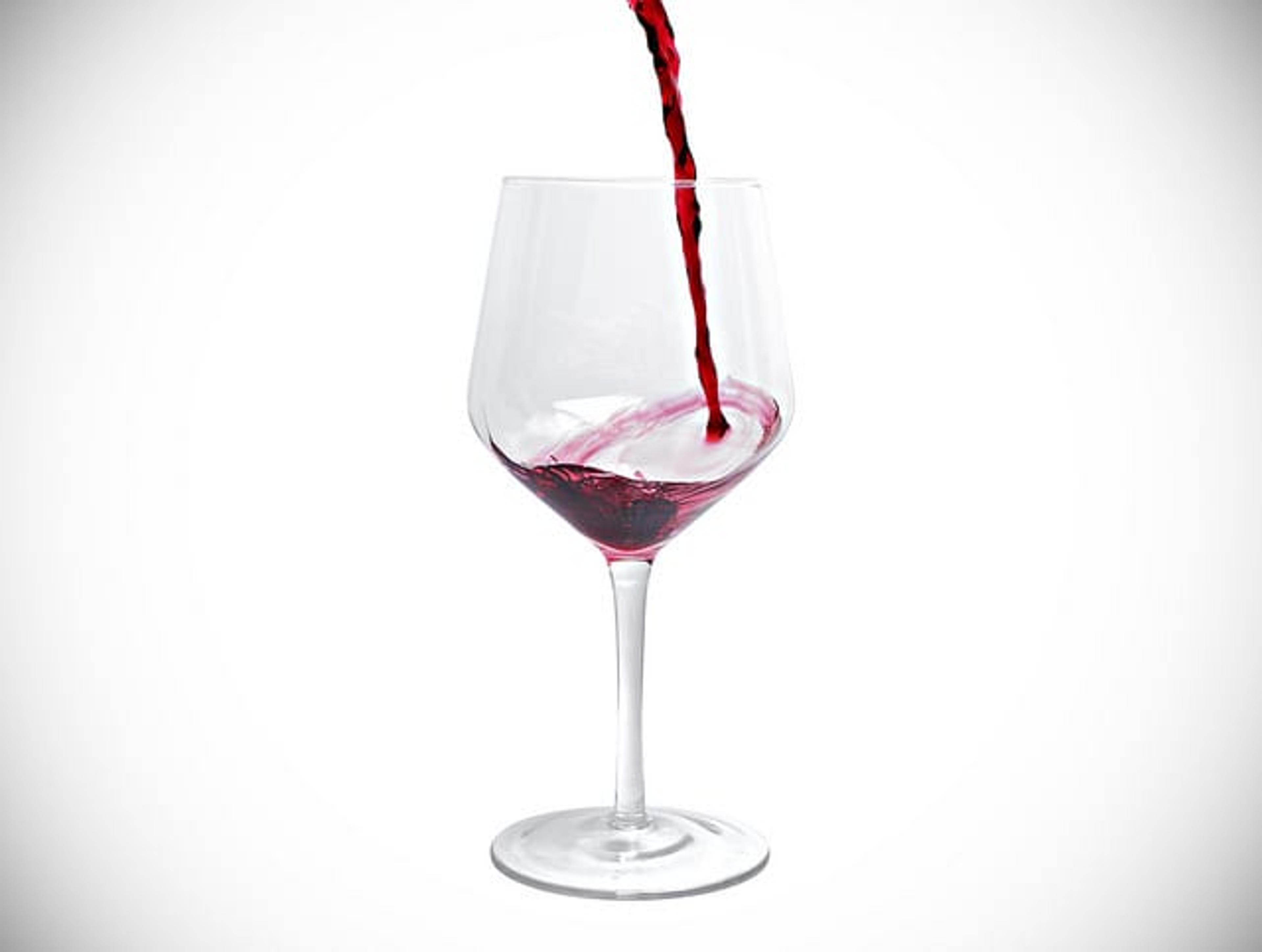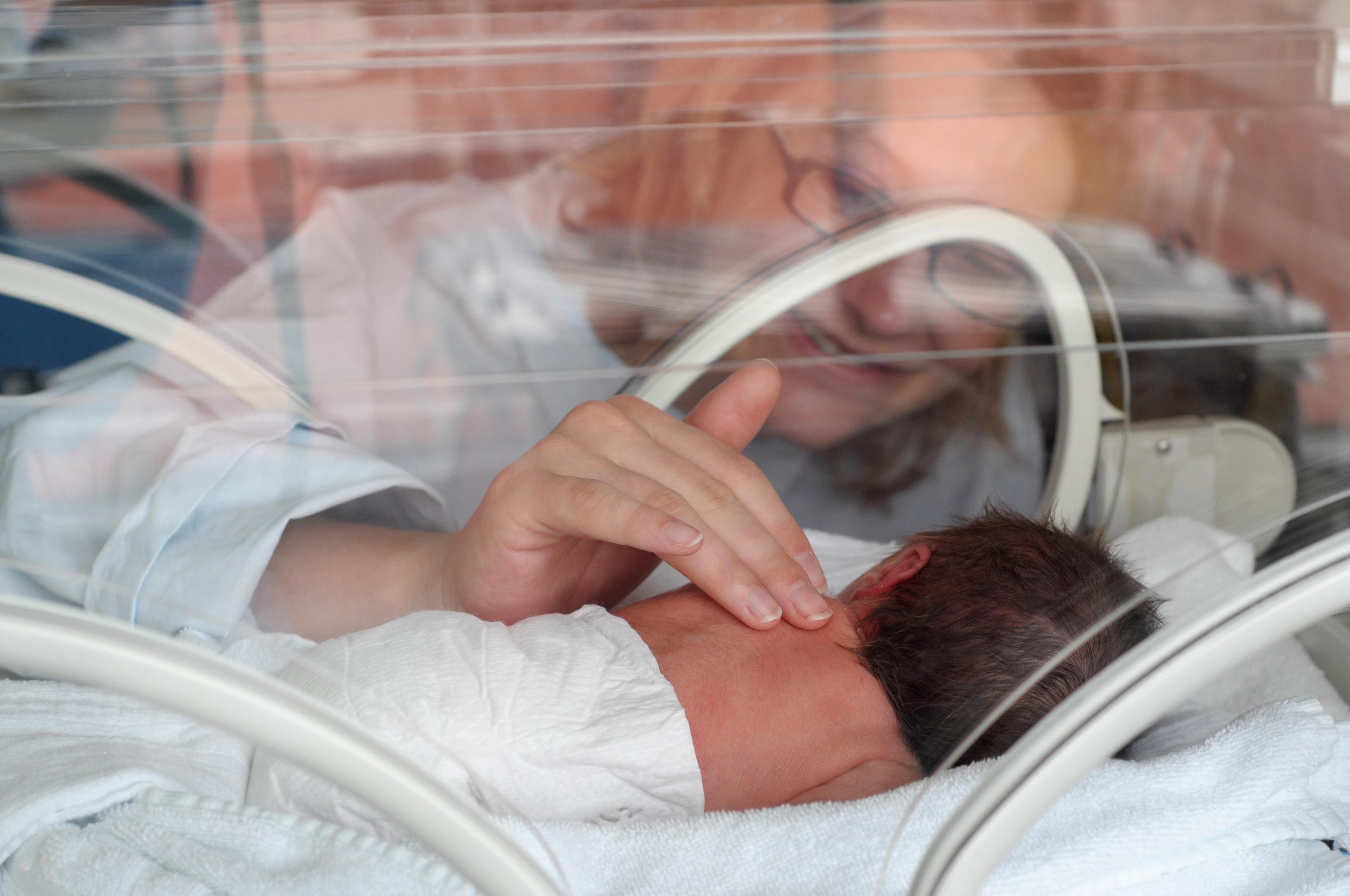Does drinking alcohol affect your blood pressure?
| 2 min read

It shouldn’t come as a surprise that binge drinking isn’t healthy for you. Nor is it a secret that high blood pressure increases your risk of heart disease. But what you may not realize is that combining the two can add up to double the trouble. According to the American Heart Association, it does not take much alcohol to spike your blood pressure. In fact, having more than three drinks in one sitting can increase it substantially!
And if you go way over that amount, the danger skyrockets. Men with high blood pressure who occasionally drink more than six beers in one sitting have nearly double the risk of suffering from a stroke.
The good news is that this negative effect on your blood pressure isn’t permanent. If someone is a heavy drinker and decreases the number of drinks they consume to a moderate level (two drinks a day for men and one drink a day for women), they can lower the top number of their blood pressure by 2 to 4 millimeters of mercury and their bottom number by an average of 1 to 2 millimeters. In other words, if their top number was 140, they can bring it down to 136–a small but important shift.
Normal blood pressure is 120/80 and high blood pressure typically starts at 140/90. If you’re not sure what your blood pressure is, schedule an appointment with your primary care physician.
This blog post is part of #HealthyMe, a personalized web experience based on your health and wellness goals. To sign up today, visit http://www.ahealthiermichigan.org/healthyme
Photo credit: TPVISUAL





